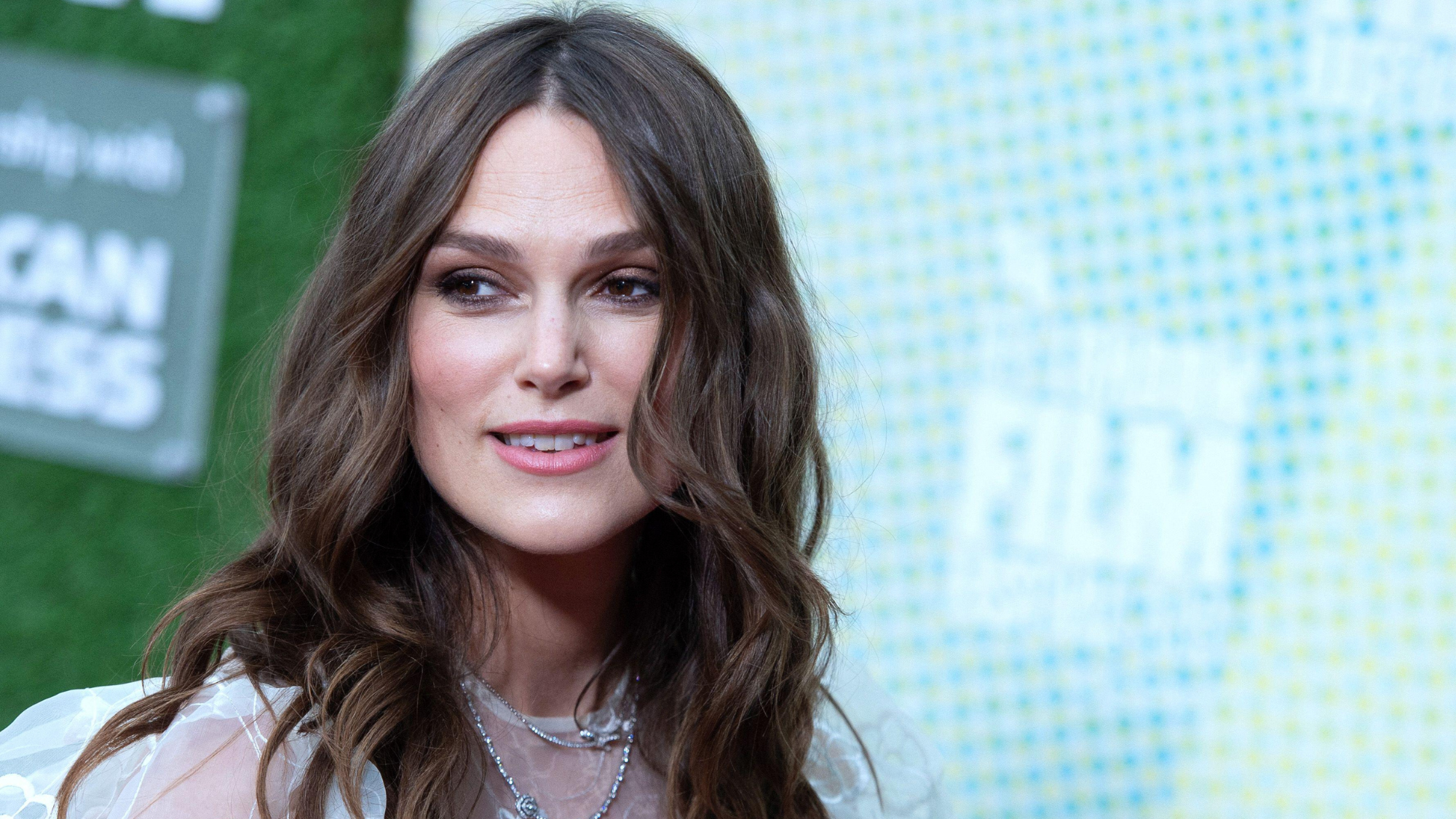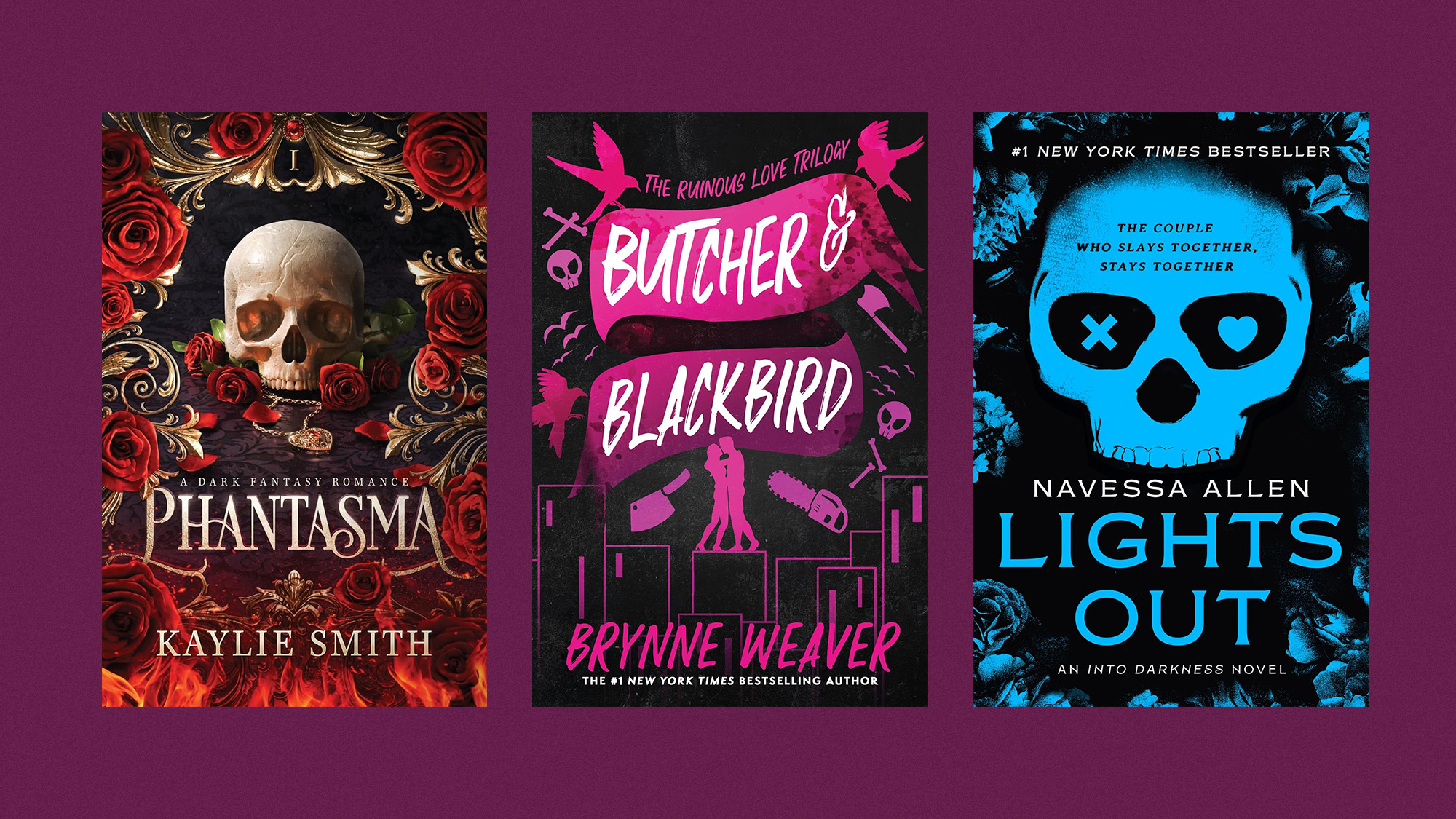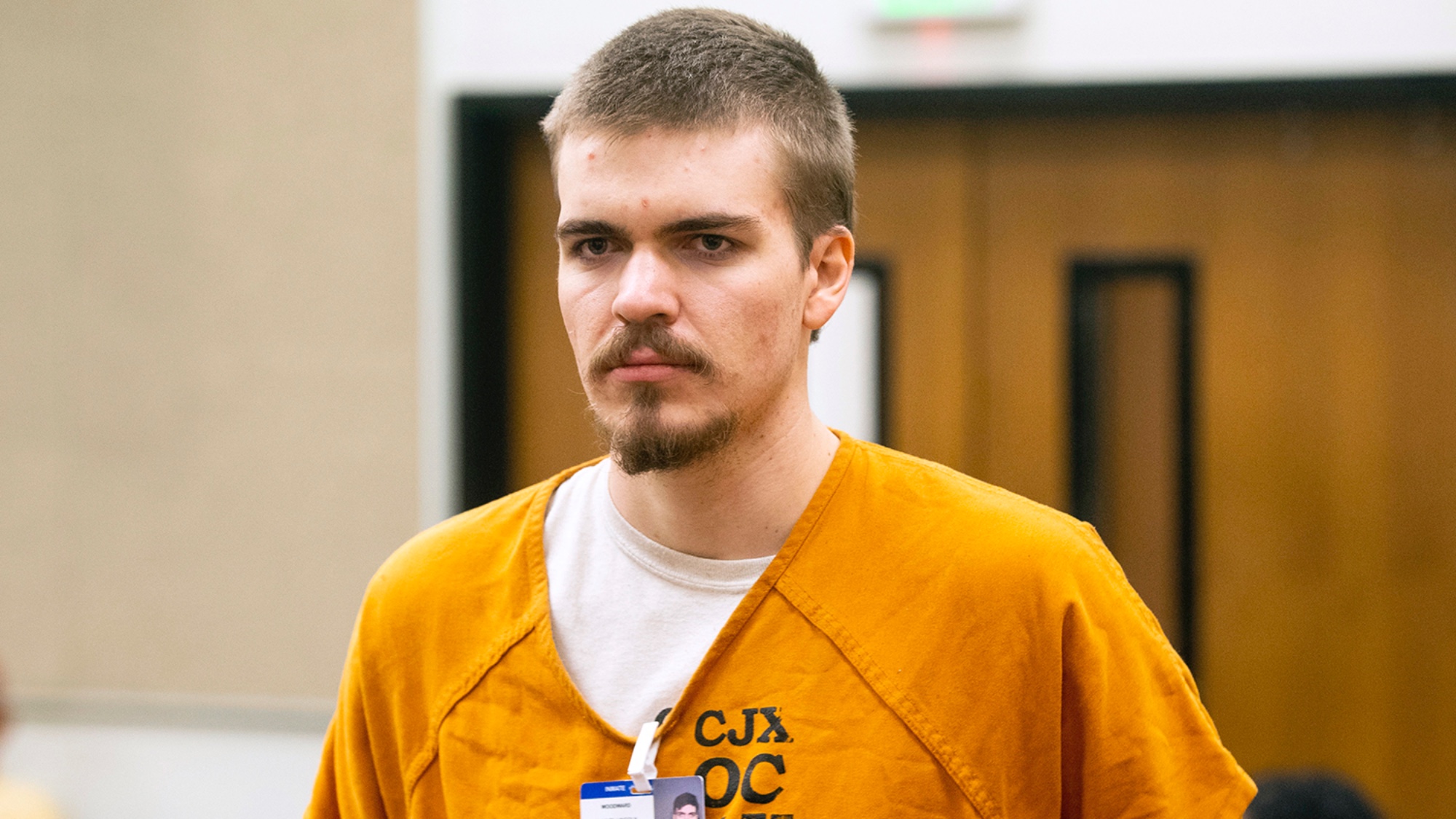Are celebrities ruining children's books?
Keira Knightley's first novel has been met with frustration by writers

A free daily email with the biggest news stories of the day – and the best features from TheWeek.com
You are now subscribed
Your newsletter sign-up was successful
Keira Knightley is the latest in a long line of celebrities to turn their hand to writing a children's book. "I Love You Just The Same" which also features illustrations by the British star, is due to be published by Simon & Schuster next October.
"Am I bitter? Is the only thing in my fridge sour grapes?" said David Barnett in The Independent. "Well, sort of, yes." As the author of 14 novels, seeing Knightley's book being picked up by a major publisher with "great fanfare and endless headlines" is frustrating.
'Plotless monstrosities'
"I have no direct beef with Knightley", wrote Barnett, and it's "unfortunate" that she's the "current celebrity author target" in the never-ending "grudge match between jobbing writers and famous people who write books". But her experience is "vastly different" from the authors "toiling away in the word trenches every day". What "rankles" with many of us is the "whirlwind of promotion" celebrities' books are treated to; the type of marketing budgets we can "only envisage in our wildest dreams".
The Week
Escape your echo chamber. Get the facts behind the news, plus analysis from multiple perspectives.

Sign up for The Week's Free Newsletters
From our morning news briefing to a weekly Good News Newsletter, get the best of The Week delivered directly to your inbox.
From our morning news briefing to a weekly Good News Newsletter, get the best of The Week delivered directly to your inbox.
Knightley's debut book, which tells the story of a young girl adjusting to life with her new sibling, explores themes of separation anxiety and resilience. Apologies for "pre-judging" but her "noble intentions" remind me of that other "great literary atrocity" – Meghan Markle's "The Bench", said William Sitwell in The Telegraph. "Unfortunately, it became a bestseller, giving other celebrities encouragement to pen their own children's books. To which, I say, leave it to the experts."
The "celeb-to-author pipeline" is "nothing new", said Ella Creamer in The Guardian. From Julie Andrews to Madonna, stars have been bringing out children's books for decades. Today, though, authors' incomes are dropping while the "non-celeb side of the playing field" is being steadily eroded.
"In many ways, children's books are the most important section of literature," said Philip Womack for The Spectator World. Studies have shown time and again that reading at a young age has an array of benefits from expanding vocabularies to improving cognitive skills; well-written children's books "lay down the groundwork for a happy, successful adulthood".
But celebrities' efforts tend to be "formulaic" and "composed in haste". Perhaps the most "egregious" example is the comedian and actor David Walliams "under whose name appear plotless monstrosities written with all the charm, wit and thoughtfulness of a battering ram".
A free daily email with the biggest news stories of the day – and the best features from TheWeek.com
A force for good?
Still, "quality celebrity children's books do exist", said Creamer in The Guardian. Works like Marcus Rashford's "Breakfast Club Adventures" series "help increase representation in children's fiction".
What's more, some people argue that titles written by celebrities can "help keep the industry healthy". Author Howard Pearlstein told The Guardian that the attention generated by famous names helps to create a "rising tide that lifts the entire publishing industry".
As things stand, though, the advances for children's books are so small that only a "handful at the very top" are able to survive from writing alone, said Womack. "Could the vast pools of money currently sustaining celebrity children's books be funnelled, instead, into decent advances for midlist and debut authors?" It isn't just children's literature that's at stake: "it's our entire cultural future."
Irenie Forshaw is the features editor at The Week, covering arts, culture and travel. She began her career in journalism at Leeds University, where she wrote for the student newspaper, The Gryphon, before working at The Guardian and The New Statesman Group. Irenie then became a senior writer at Elite Traveler, where she oversaw The Experts column.
-
 ‘Those rights don’t exist to protect criminals’
‘Those rights don’t exist to protect criminals’Instant Opinion Opinion, comment and editorials of the day
-
 Key Bangladesh election returns old guard to power
Key Bangladesh election returns old guard to powerSpeed Read The Bangladesh Nationalist Party claimed a decisive victory
-
 Judge blocks Hegseth from punishing Kelly over video
Judge blocks Hegseth from punishing Kelly over videoSpeed Read Defense Secretary Pete Hegseth pushed for the senator to be demoted over a video in which he reminds military officials they should refuse illegal orders
-
 Book reviews: ‘Hated by All the Right People: Tucker Carlson and the Unraveling of the Conservative Mind’ and ‘Football’
Book reviews: ‘Hated by All the Right People: Tucker Carlson and the Unraveling of the Conservative Mind’ and ‘Football’Feature A right-wing pundit’s transformations and a closer look at one of America’s favorite sports
-
 Josh D’Amaro: the theme park guru taking over Disney
Josh D’Amaro: the theme park guru taking over DisneyIn the Spotlight D’Amaro has worked for the Mouse House for 27 years
-
 Book reviews: ‘Vigil: A Novel’ and ‘Fear and Fury: The Reagan Eighties, the Bernie Goetz Shootings, and the Rebirth of White Rage’
Book reviews: ‘Vigil: A Novel’ and ‘Fear and Fury: The Reagan Eighties, the Bernie Goetz Shootings, and the Rebirth of White Rage’Feature Taking on the space between life and death and a look back at a 1984 shooting that shocked New York City
-
 The best fan fiction that went mainstream
The best fan fiction that went mainstreamThe Week Recommends Fan fiction websites are a treasure trove of future darlings of publishing
-
 Book reviews: ‘The Mattering Instinct: How Our Deepest Longing Drives and Divides Us’ and ‘Family of Spies: A World War II Story of Nazi Espionage, Betrayal, and the Secret History Behind Pearl Harbor’
Book reviews: ‘The Mattering Instinct: How Our Deepest Longing Drives and Divides Us’ and ‘Family of Spies: A World War II Story of Nazi Espionage, Betrayal, and the Secret History Behind Pearl Harbor’Feature The pursuit of ‘mattering’ and a historic, devastating family secret
-
 The best dark romance books to gingerly embrace right now
The best dark romance books to gingerly embrace right nowThe Week Recommends Steamy romances with a dark twist are gaining popularity with readers
-
 Book reviews: ‘American Reich: A Murder in Orange County; Neo-Nazis; and a New Age of Hate’ and ‘Winter: The Story of a Season’
Book reviews: ‘American Reich: A Murder in Orange County; Neo-Nazis; and a New Age of Hate’ and ‘Winter: The Story of a Season’Feature A look at a neo-Nazi murder in California and how winter shaped a Scottish writer
-
 Book reviews: ‘The Score: How to Stop Playing Somebody Else’s Game’ and ‘The Sea Captain’s Wife: A True Story of Mutiny, Love, and Adventure at the Bottom of the World’
Book reviews: ‘The Score: How to Stop Playing Somebody Else’s Game’ and ‘The Sea Captain’s Wife: A True Story of Mutiny, Love, and Adventure at the Bottom of the World’Feature Comparing life to a game and a twist on the traditional masculine seafaring tale